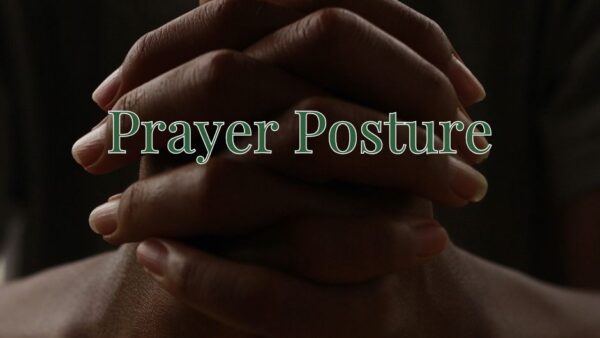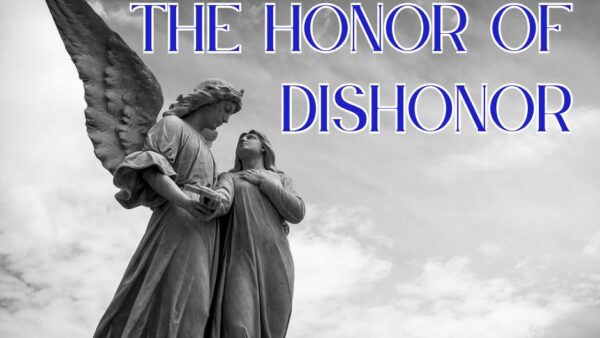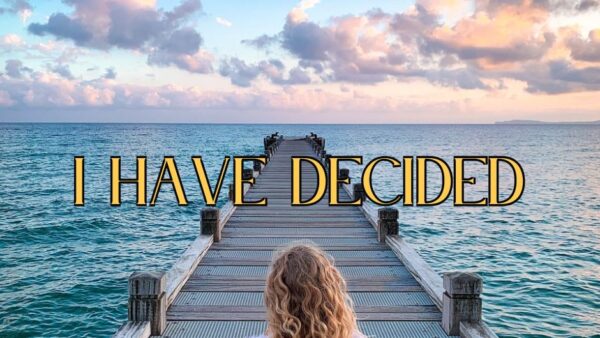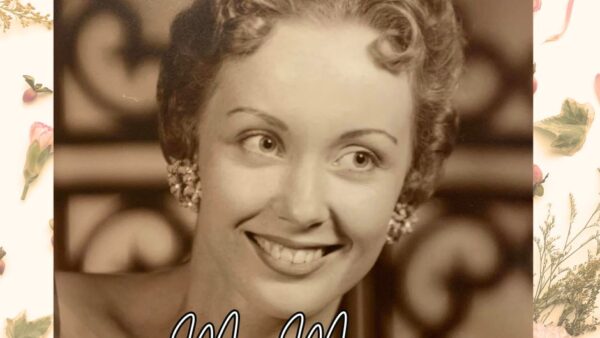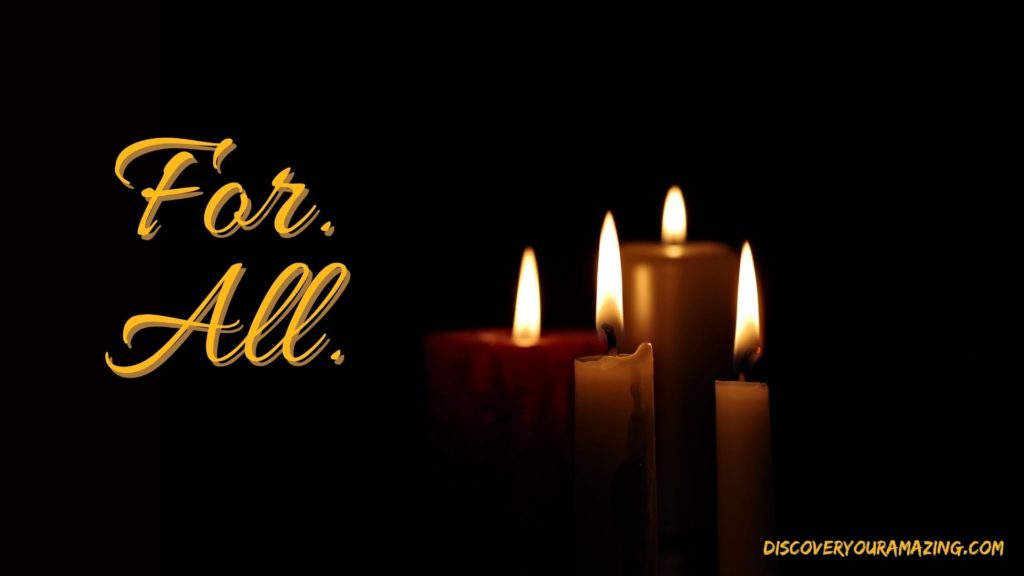
Last Saturday would have been his 48th birthday.
Born the day after my mom and stepdad’s second wedding anniversary, he was named Walter (my maternal grandfather’s first name) Wayne (my stepdad’s middle name) and he showed up two months ahead of his due date.
Premature babies at that stage and weight do well and develop normally more often than not now, but that was not the case almost a half-century ago. Though our family prayed for a miracle, we really were not ever given much hope.
And though his death within two weeks of his birth was a source of deep grief, it was presented as a blessing that he would not have all the inevitable struggles that everyone told us he would have.
I was eleven years old that summer of 1973. I was never in the room with him. I never touched him. I only looked through the hospital nursery window at his tiny form in the incubator.
But he was my little brother and I still miss him every year.
One of his nurses was a precious African American lady who poured everything she had into his brief sojourn with us. She told our family that he was “her baby” because he was born on Juneteenth (June 19).
That’s all I knew of Juneteenth for a long time. It was something that black people talked about and it was about as relevant to me as the Ides of March.
But for years I had already been reciting the Pledge of Allegiance—“one nation under God, indivisible, with liberty and justice for all”—and celebrating July 4th. I knew I lived in the United States of America—“the land of the free and the home of the brave.”
What I did not understand at that time was how anyone could not feel the same sense of patriotism and pride that I had been taught was my birthright as an American.
I had no frame of reference to understand that “liberty and justice for all” sounded hollow in the ears of some of my fellow Americans.
What I did not understand at that time was how anyone could not feel the same sense of patriotism and pride that I had been taught was my birthright as an American. I had no frame of reference to understand that “liberty and justice… Share on XNow, before anyone makes any assumptions about me (and where I’m going with the next 200 or so words), let me state unequivocally that I am still a proud American. I still stand at attention with my hand over my heart to recite the Pledge of Allegiance and sing the National Anthem.
But I’ve learned over my 59 years that the words of the Pledge and the Anthem are not statements of reality, but of aspiration.
“Liberty and justice for all” is not something we celebrate as if it is a foregone conclusion.
It is a calling.
But I’ve learned over my 59 years that the words of the Pledge and the Anthem are not statements of reality, but of aspiration. “Liberty and justice for all” is not something we celebrate as if it is a foregone conclusion. It is a… Share on XAnd though my calling as an American and my calling as a follower of Jesus are not equivalent, they do carry one compelling similarity—the call to both BE and DO.
Before I can ask anyone else to join me or take up my cause, I must BE the kind of American and the kind of Jesus-follower that I am inviting others to be.
And I must DO the things that demonstrate what kind of American and Jesus-follower that I am.
Part of discovering our Amazing is the moment of clarity when we recognize that our journey to Amazing is both aspirational and invitational.
As long as I can be happy with liberty and justice for some (those who agree with me, but not those who don’t), my words ring hollow.
These words are the key: “For. All.”
As long as I can be happy with liberty and justice for some (those who agree with me, but not those who don't), my words ring hollow. These words are the key: “For. All.” Share on XBe amazing today, my friend.
